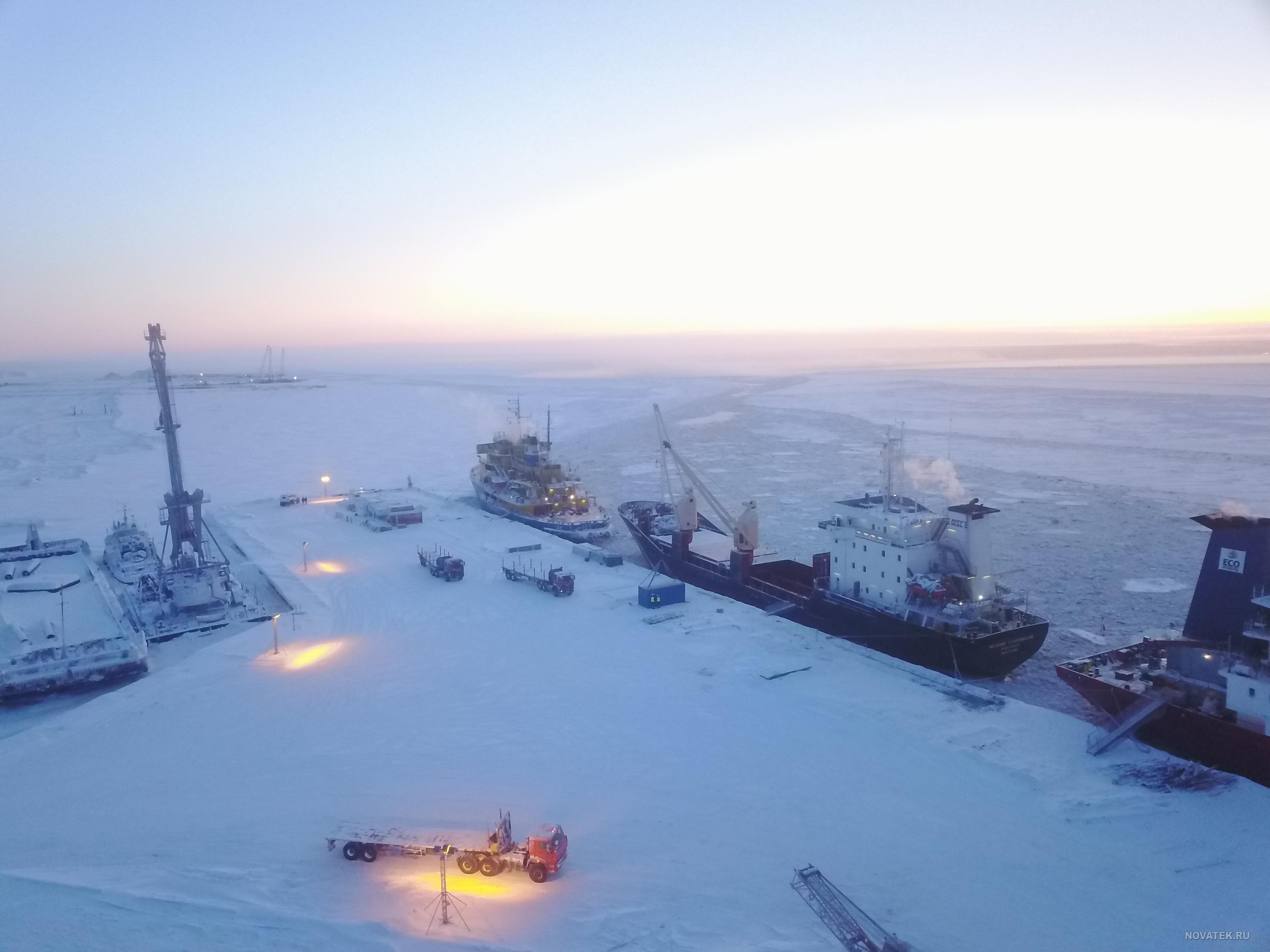Japan's Mitsui to Comply with Arctic LNG 2-Related U.S. Sanctions
(Reuters) — Japan's Mitsui said on Saturday it is committed to complying with restrictions in the wake of fresh U.S. sanctions related to Russia's Arctic LNG 2 liquefied natural gas project in which it holds a stake.
"We are aware of the additional U.S. sanctions and we remain committed to complying with international sanctions," Mitsui told Reuters in emailed comments, adding it was in touch with its project partners, the Japanese government and other parties "to discuss next steps".
The sanctions do not apply to the project itself nor to its shareholders.
However, a Japan government source said they could complicate how Mitsui and another Japanese shareholder JOGMEC provide support for the project and could also delay production from Arctic LNG 2.
They apply to a number of Russian companies and one UAE firm providing architecture, construction and engineering services.
They also apply to a Russian ship construction company that will operate two LNG floating storage units for Arctic LNG transshipments via the Northern Sea Route as well as to two storage vessels set to operate on the route.
The Arctic LNG 2 project in Russia's Arctic is operated by Russian company Novatek while Mitsui and fellow Japanese firm JOGMEC hold a combined 10% stake.
JOGMEC did not immediately reply to a Reuters request for a comment outside business hours on Saturday. Novatek did not reply to a Reuters request for a comment.
Novatek plans to launch first production train at the Arctic LNG 2 project towards the end of the year. Mitsui and JOGMEC are set to receive a combined 2 million metric tons of LNG per year.
The nearby Yamal LNG plant started operations in 2017.
The Arctic LNG 2 project is designed to run three production lines with an annual production capacity of 19.8 million tons.
Japan has condemned Russia's invasion of Ukraine — which Moscow calls a 'special military operation' — but keeps stakes in a number of major fossil fuel projects in Russia as a matter of energy security. The country imports nearly all of its energy.
Related News
Related News

- Keystone Oil Pipeline Resumes Operations After Temporary Shutdown
- Freeport LNG Plant Runs Near Zero Consumption for Fifth Day
- Biden Administration Buys Oil for Emergency Reserve Above Target Price
- Mexico Seizes Air Liquide's Hydrogen Plant at Pemex Refinery
- Enbridge to Invest $500 Million in Pipeline Assets, Including Expansion of 850-Mile Gray Oak Pipeline





Comments